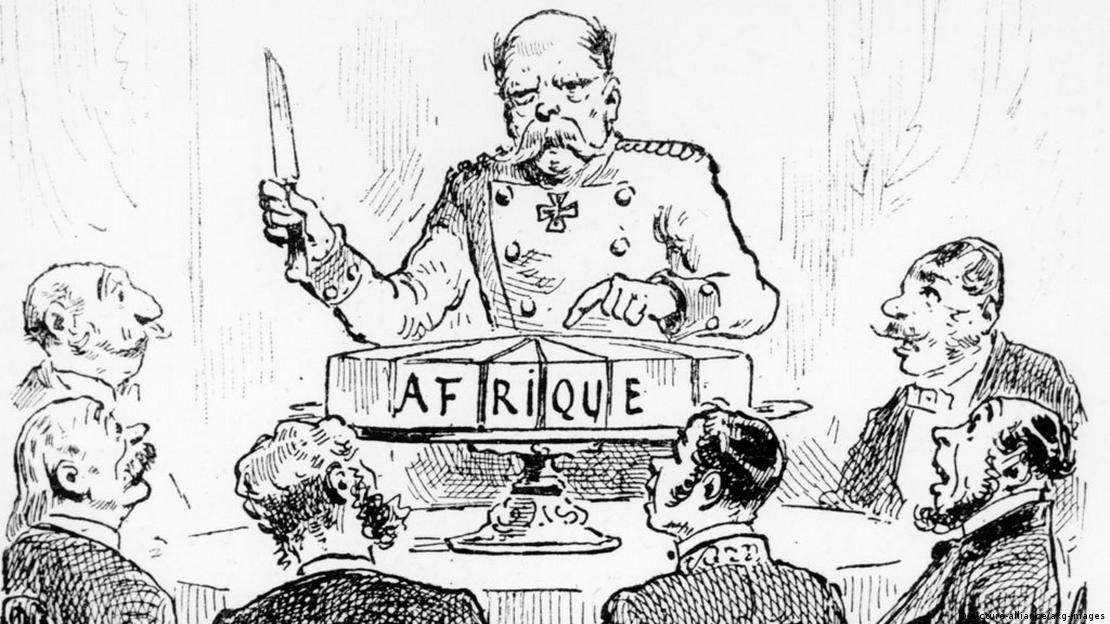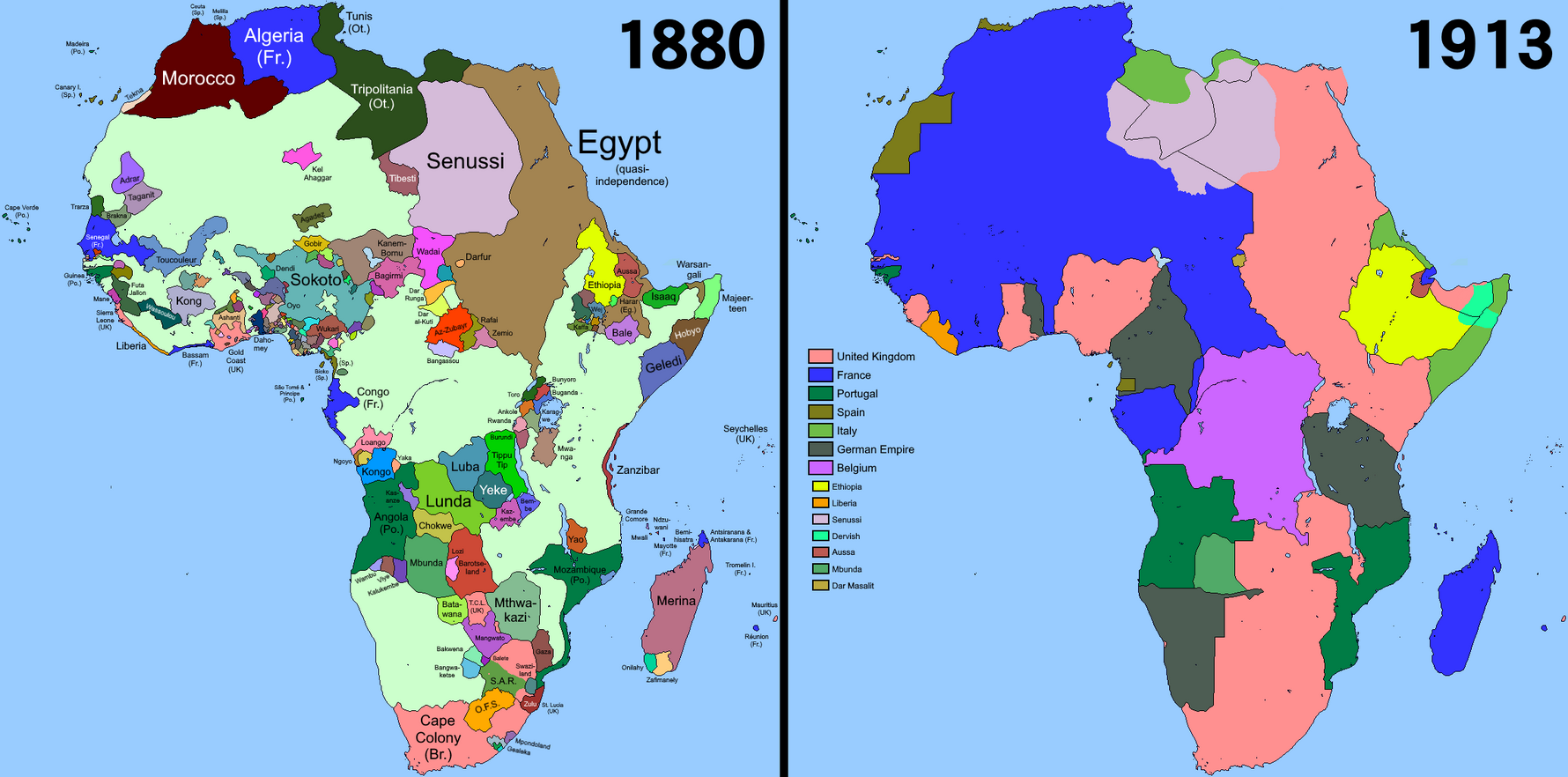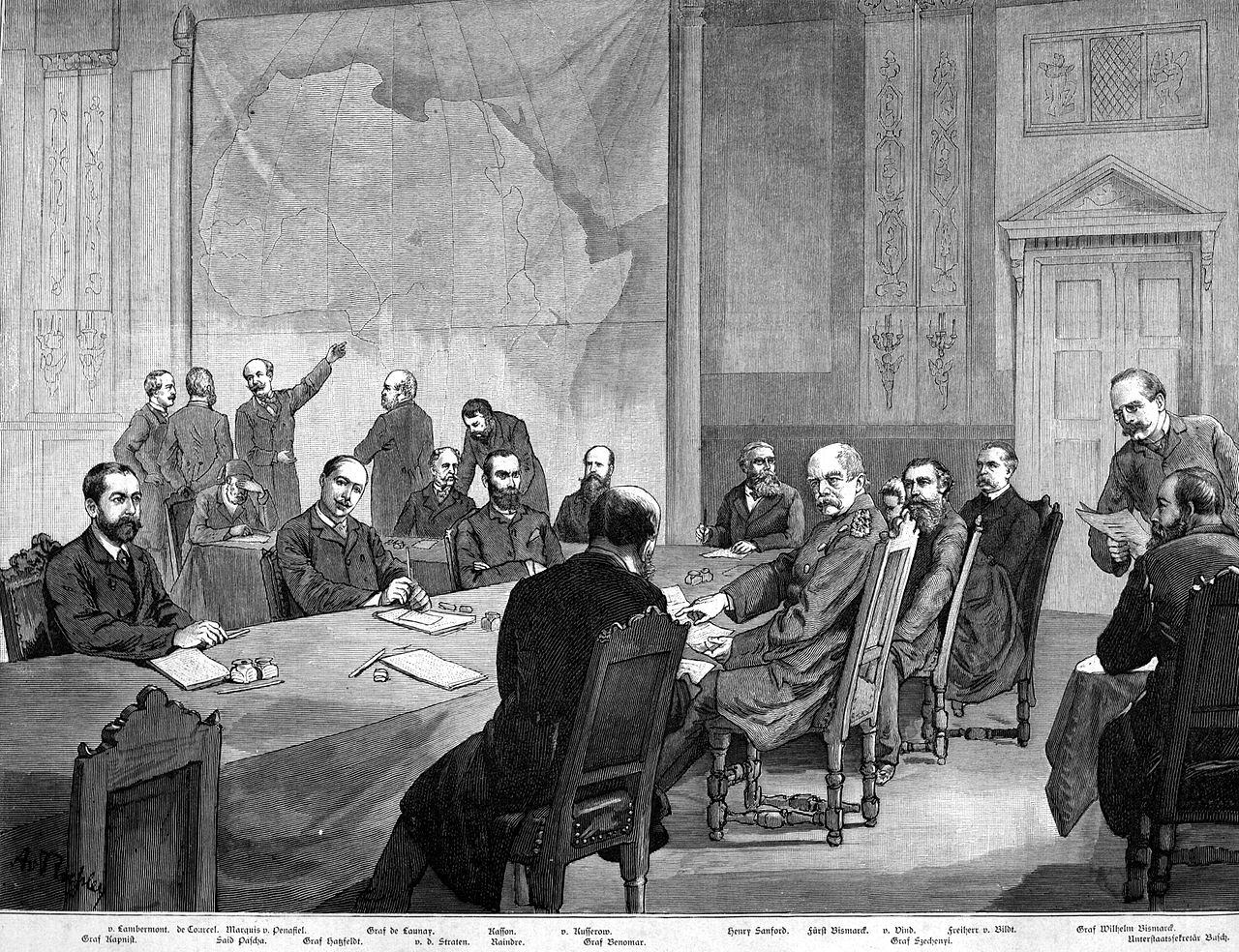
Overview of the Berlin Conference of 1884
The Berlin Conference of 1884 was a significant event in the history of Africa that aimed to regulate the colonisation and trade in the continent. It was held in Berlin, Germany, from November 1884 to February 1885 and was attended by representatives from European powers such as Britain, France, Germany, Portugal, and Belgium, amongst others. The main objective of the conference was to divide Africa into territories that would be exploited for economic purposes by the European nations. It was deemed necessary as the European powers were competing for dominance in Africa, which resulted in conflicts and wars. Despite the conference being a turning point in the European colonisation of Africa, its consequences are still debated today as it played a significant role in establishing the racial and social inequalities that persist in the continent.
Examining the primary outcomes of the Berlin Conference
The Berlin Conference of 1884-1885 was a pivotal moment in African history. At the conference, European powers came together to divide the African continent amongst themselves - effectively drawing borders that would determine the regions' political and economic futures for centuries to come. The primary outcomes of the Berlin Conference were new borders that divided Africa into more than 50 territories. It also established the ground rules for European colonisation of the continent and formalised European powers' control over Africa. The impact of the conference was significant, shaping the future of the African continent for generations and paving the way for the exploitative colonisation efforts that would soon follow. Examining the primary outcomes of the Berlin Conference provides crucial context for understanding the ongoing political and economic challenges that many African nations face today.
Considering the long-term implications of the Berlin Conference
The Berlin Conference was a pivotal moment in colonial history with far-reaching implications for Africa and beyond. It marked the official partition of the continent amongst European powers, shattering any hope of African autonomy and independence. The agreement effectively reduced the African people to subjects of foreign rule and exploitation, with brutal consequences that still reverberate to this day. It also established a precedent for international division and conquest that would shape the course of global politics for years to come. As we consider the legacy of the Berlin Conference, it is crucial to reflect on the terrible human cost of colonialism and to work towards a more equitable and just future for all.How are reverberations of the Berlin Conference still being felt today?
The Berlin Conference of 1884-1885 is widely considered a pivotal moment in the colonisation of Africa. Its decisions, which were made by a group of European powers, reshaped the continent’s political landscape and had far-reaching consequences. But modern interpretations of the conference vary widely, and its legacy is still hotly debated today.Some argue that it set in motion a pattern of exploitation and colonisation that continues to impact many African nations. Others point to the fact that it established borders that still exist today, and that many of the challenges faced by African nations can be traced back to internal factors rather than external ones. In any case, there is little doubt that the Berlin Conference continues to influence current political discourse on a global scale, particularly when it comes to issues such as sovereignty and self-determination.





Comments